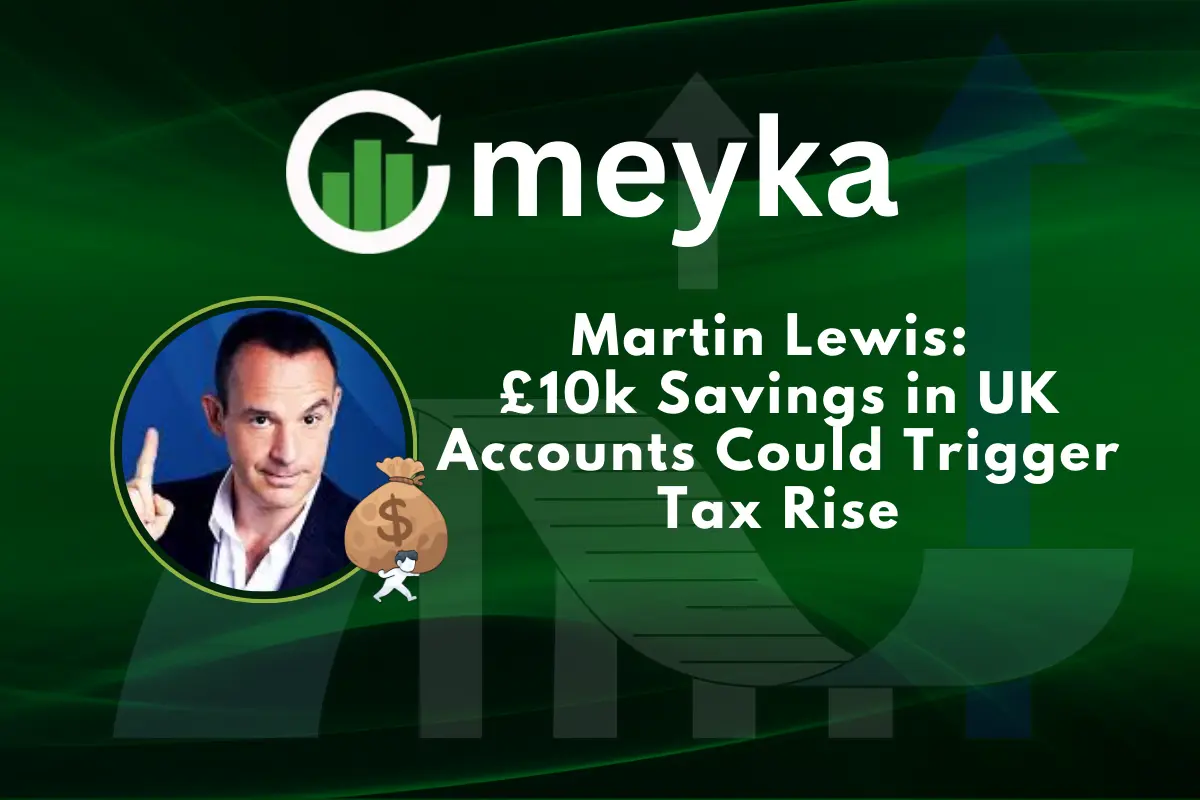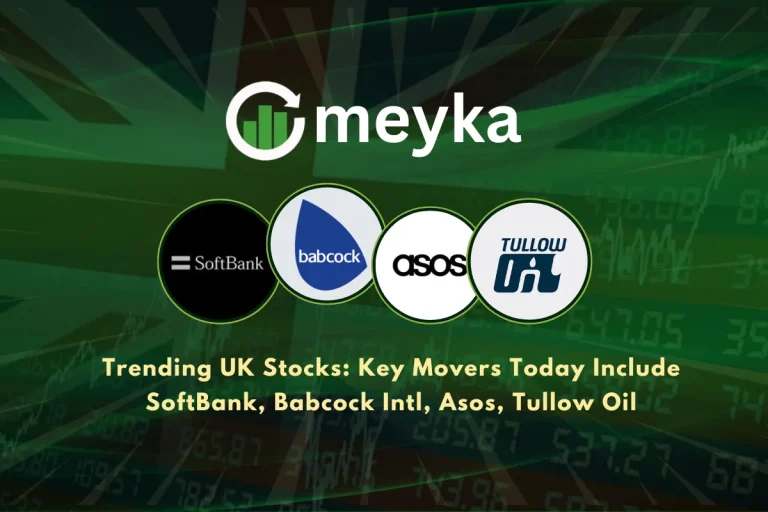Martin Lewis: £10k Savings in UK Accounts Could Trigger Tax Rise
In September 2025, Martin Lewis, the UK’s well-known money-saving expert, raised an important warning. He said that having just £10,000 in a savings account could now push many of us into paying more tax than before. Why? Because interest rates have gone up sharply in the last two years. In 2021, the Bank of England’s base rate was only 0.1%. By September 2025, it stands at 5.25%. That means savings earn more interest, but it also means more of us are crossing the tax-free limits without even noticing.
The Personal Savings Allowance (PSA) has not changed since it was introduced in 2016. Basic-rate taxpayers can earn £1,000 in savings interest tax-free, while higher-rate taxpayers get just £500. With today’s rates, even £10,000 in savings can generate £500-£600 in interest.
For some, that means part of their hard-earned savings is now taxable. This feels like a hidden tax rise. We are earning more on paper, but inflation and unchanged tax rules eat into the real value. That’s why Martin Lewis’ advice matters. We need to plan smartly, use tax-free accounts, and protect our money.
Martin Lewis’ Warning Explained
Martin Lewis warned that savers with about £10,000 could face higher tax bills. His point is simple. Higher interest rates mean more interest. More interest can push people past tax-free limits. Recent media reports repeated his alert on September 21-22, 2025.
How does the Personal Savings Allowance work?
The Personal Savings Allowance (PSA) determines the amount of interest that is tax-free. For the 2025/26 tax year, basic-rate taxpayers get £1,000 tax-free. Higher-rate taxpayers get £500. Additional-rate taxpayers get nothing. The PSA sits alongside the starting rate for savings and the usual personal allowance. Official guidance and major money sites explain these rules.
Why £10,000 can be a Trigger Point Now?
Interest rates have risen sharply since 2021. The Bank of England kept the Bank Rate at 4% on 17 September 2025. At that level, a £10,000 balance can produce several hundred pounds in interest a year. For example, at 5% a £10,000 pot pays £500 interest. That amount already equals the PSA for higher-rate taxpayers and takes a big chunk of the PSA for basic-rate taxpayers. Rising rates make it likelier that ordinary savings hit taxable territory.
Impact on Different Savers
Basic-rate taxpayers still have room before tax bites. But multiple accounts and products can add up. Higher-rate taxpayers face risk sooner. Additional-rate taxpayers pay tax on all savings interest. Savers with many short-term accounts, easy-access accounts, or fixed-rate bonds should check the total interest across all accounts.
Practical Strategies to Reduce Tax on Interest
Use ISAs first. ISA interest stays tax-free. The annual ISA allowance remains a key shelter. Split savings across spouses or civil partners where possible. That can use two PSAs. Look at premium bonds. Prize returns are tax-free. Consider pensions or tax-efficient investments for long-term money. Check whether small shifts into tax-free wrappers make sense after fees and notice periods. Financial comparison sites and tools, as well as the AI stock research analysis tool on broader finance platforms, can help you find the best current rates.
Government Stance and Criticism
PSA thresholds have stayed broadly unchanged since their introduction in 2016. Critics say the allowances did not keep pace with inflation and rate rises. That means more savers effectively pay extra tax without a formal change to rates or allowances. Some experts call this a “stealth” or “hidden” tax rise. Politicians and consumer groups have urged a review, but no major change has been made as of September 2025.
What Savers Should Do Now?
Check current interest rates on each account. Add up all expected interest for the tax year. Compare the total to the PSA that applies. Move new or excess savings into ISAs where practical. Talk to a tax adviser if totals are high or if income is near a higher-rate band. Keep records of interest statements for tax year reporting.
Final point
Higher headline rates sound good. But the tax rules have not changed to match rate shifts. That gap can turn earned interest into a tax bill. Check balances and interest now, before the tax year ends. Small moves can protect more of the return.
Frequently Asked Questions (FAQs)
No. As of September 2025, UK tax rules don’t use “$10,000” as a threshold. Tax is on interest earned, not the amount saved. Basic and higher rate allowances apply.
Yes. On about 22 September 2025, Martin Lewis warned that with higher interest rates, savers with roughly £10,000 could exceed tax-free limits and owe tax on interest.
Disclaimer:
The above information is based on current market data, which is subject to change, and does not constitute financial advice. Always do your research.






